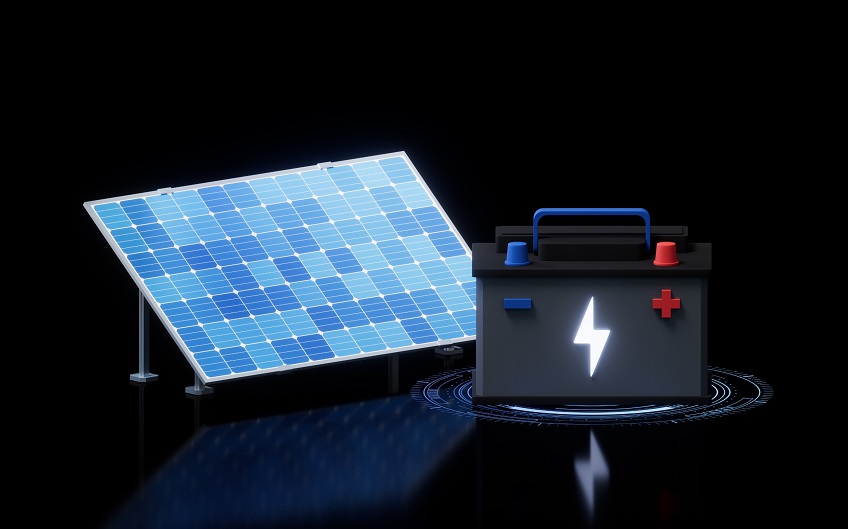
If you’re looking into storage options for excess generated power or as a backup, there are two basic options—a battery or a generator. Here’s a guide to help you decide what’s better for your situation.
Home battery backups run on electricity generated from either the electrical grid or your home solar system. These systems, such as the LG Chem RESU or the Tesla Powerwall, store energy so you can use it in the event of a power outage. They’re better for the environment than fuel-powered generators and they’re often more cost-effective. You can also use the saved power during high-peak usage hours, which will save you money. However, battery backups come with an expensive up-front cost, with the average-sized system running between $10,000 and $20,000, depending on the system you choose. Battery systems can be mounted on your wall or floor, but you’ll want to bring in a professional to do this. They do not make very much noise, they work independently, and they don’t produce any emissions. They also don’t typically require ongoing maintenance. Battery systems will lose the ability to hold a charge after a while. Many battery backups have an end-of-warranty capacity rating. For example, the Tesla Powerwall’s warranty states the battery should retain 70% of its capacity by the end of the warranty (typically 10 years).
Standby generators can be connected to your home’s electrical panel, and they will automatically kick on in the event of a power outage. They typically run on natural gas, diesel fuel, or liquid propane. Some generators can be connected to your home’s gas line so you don’t need to refuel it manually. Diesel generators will need to be monitored and topped off to keep it functioning. Generators’ up-front costs are a little lower than battery backups, with an average purchase and installation price of about $7,000 to $14,000. Price varies based on factors such as generator size, the type of fuel needed, and the amount of fuel required. Generators often need a concrete slab poured for it to sit on, and you’ll want to hire a professional to connect it to a dedicated fuel source and install a transfer switch. Generators can be noisy, and they emit fumes while they’re in use. However, generators can keep your home powered for as long as you have fuel. Most generators can run continuously for three weeks at a time, if necessary, whereas battery backups can only provide a few hours at a time (unless it’s part of a solar panel system or you have multiple batteries in a single system). A generator’s lifespan is more clearly laid out. For example, high-quality, well-maintained generators can run for about 3,000 hours. In other words, it can last 20 years if you use it for about 150 hours per year.
As you can see, there are many factors that go into the decision for a backup energy source. If you have more questions about the pros and cons of batteries vs generators or solar power systems in general, reach out to Four Seasons Solar.
